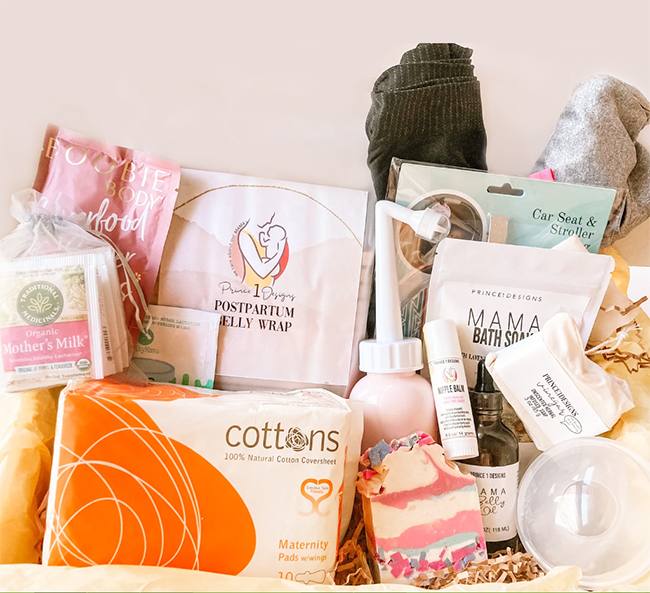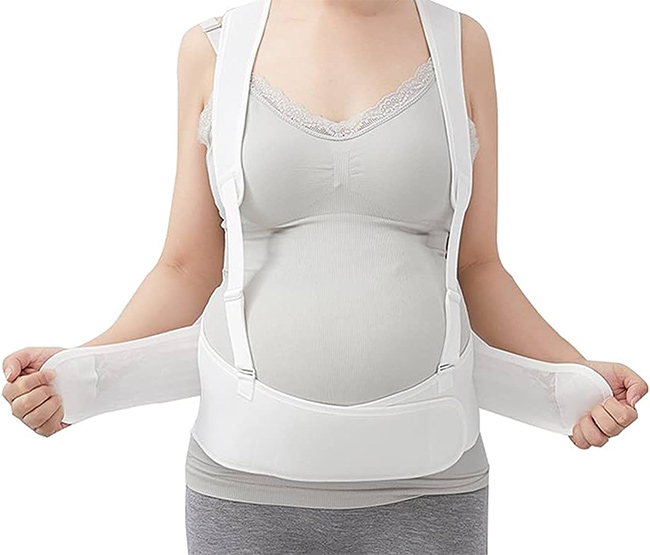20 Tips to Craft Nourishing Wholesome Postpartum Meals

We are sharing 20 tips and guide to creating wholesome postpartum meals to make your life easy with a tiny human in hands. So you get the best nourishment and health your deserve.
1. Balance and Variety
Incorporate a mix of proteins, whole grains, healthy fats, and a rainbow of vegetables to ensure a well-rounded meal. All these ingredients in your meals will not be fulfilling but also help in quick recovery, while providing strength to deal with the rest of your chores. Different verity will help your gut and also you will not get bored of eating same things again and again.
2. Meal Prepping
Prep meals in advance to save time and energy when you need it most. Portion them into individual servings for easy reheating. You can make many postpartum recipes before delivery to get you through the first few days after arrival of baby. You can also cut and freeze vegetables when you get time which will make it easy to cook food quickly
3. Protein-Rich Foods
Include lean proteins like chicken, turkey, beans, lentils, tofu, and eggs to aid in healing and provide sustained energy. After delivery whether it is from natural labor or via C-section, you tend to loose some muscle and your body has been soften over the time of 9 months, now you need to build those muscles and protein rich food is the best source.
4. Fiber-Rich Grains
Opt for whole grains like brown rice, quinoa, whole wheat pasta, and oats for sustained energy and digestive health. Refined carbs are not good option as they only get you extra weight without any nourishment.
5. Leafy Greens and Veggies
Load up on colorful vegetables and leafy greens for essential vitamins, minerals, and antioxidants apart from your regular your supplements. They also help to increase breast milk and your baby will also get good nourishment if you are feeding.
6. Healthy Fats
Don't forget good fats. Incorporate sources of healthy fats such as avocados, nuts, seeds, and olive oil in every meal for brain health and energy. They not only help with your health but also make your skin better and healthy.
7. Lactation-Supporting Foods
If you are breastfeeding then you need to include foods like oats, flaxseeds, and fenugreek that are believed to support milk production.
8. Hydration
Drink plenty of water and incorporate herbal teas to stay hydrated, especially if you're breastfeeding. During feeding your body might need double or even triple times of water then you drink normally.
9. Nutrient-Dense Snacks
Stock up on nutrient-dense snacks like Greek yogurt, hummus with veggies, and fresh fruit for quick and satisfying bites so you don't end up eating junk food which can cause issues later.
10. Bone Broth or Soup
Bone broth is your best friend during the postpartum time period and is highly recommended in Asian house holds for new mothers. Homemade bone broth or hearty soups can provide comforting hydration and nourishment.
11. Incorporate Herbs and Spices
Use herbs and spices like turmeric, ginger, and garlic to add flavor and potential health benefits. Try to limit the red or green chilies, they can cause heart burn and even effect the new born if he is breast feeding.
12. Prevent Iron Deficiency
Remember that iron was not just necessary during pregnancy, it is equally important now as well. Include iron-rich foods like lean meats, spinach, and legumes to support blood health. If you have deficiency then include iron supplements in daily routine.
13. Easy One-Pan Meals
Prepare sheet pan meals or one-pot dishes to minimize cleanup and simplify meal preparation. Remember that simplified routines can help you relax more keep you away from postpartum depression. Minimize your work as much as you can and cook what you love with simple recipes.
14. Frozen Fruits and Smoothies
Keep frozen fruits on hand for easy smoothies packed with nutrients, perfect for a quick and nourishing meal specially in mornings when you need something to quickly give you strength energy and fill your tummy so that you can get through your busy mornings.
15. Whole-Food Snacks
Reach for whole-food snacks like almonds, cheese, or a piece of fruit when hunger strikes between meals. Granola bars or muesli are also perfect for good snacking. You can add them in yogurt or milk for quick snacking.
16. Comfort Foods in Moderation
Enjoy comfort foods like whole grain pasta or a small piece of dark chocolate in moderation. Every thing is good in once a while or for quick energy bu
17. Avoid Processed Foods
This goes without say that minimize processed foods high in added sugars, unhealthy fats, and sodium which gives nothing healthy to your body and only increase more cravings and weight gain.
18. Consult a Nutritionist
If you have specific dietary needs and concerns or want a proper food guidance according to your body and lifestyle, consider consulting a nutritionist for personalized meal plans.
19. Consider Dietary Restrictions
If you have dietary restrictions or allergies, explore suitable alternatives to ensure your meals meet your needs. There are almost everything that can cause allergy or is forbidden to eat, has alternative like substitutes for eggs.
20. Listen to Your Body
Pay attention to hunger and fullness cues, and eat when you're hungry to provide your body with the necessary nutrients. However be mindful of not eating empty snacks which can cause only weight gain and gives nothing to your body.
Creating nourishing postpartum meals doesn't have to be complicated. The goal is to provide your body with the nutrients it needs for recovery and to sustain you during this demanding time. Prioritize self-care, and remember that nourishing yourself ultimately supports the care you're providing to your newborn.

How to Survive The Postpartum Hair fall Time Period
If you're a new mom or about to become one, you've probably heard about the many changes your bod...

The Healing Power of Postpartum Herbal Teas
Packed with nourishing herbs, these teas offer not only comfort but also a range of potential ben...

Make and Freeze Meals for Postpartum Recovery
Welcoming a new baby into the world is a joyous occasion, but it also comes with a whirlwind of e...

20 Essential Postpartum Basket Items Every New Mother Needs
Bringing a new life into the world is a beautiful journey, but it also brings a time of adjustmen...

15 Benefits of Postpartum Yoga for Body and Mind
Postpartum healing is no joke. A women's body go through a lot of changes which some also compare...

Importance of 40 Days After Giving Birth
The 40-day period after giving birth, often referred to as the "postpartum period" or "confinemen...

Why a Back Support Belt Is Your Best Friend in Postpartum Recovery
The postpartum period is a transformative time for new mothers as their bodies recover from child...

Essential Postpartum Care for Newborns and Mothers
Welcoming a newborn into the world is a beautiful and life-changing experience for parents. As yo...








